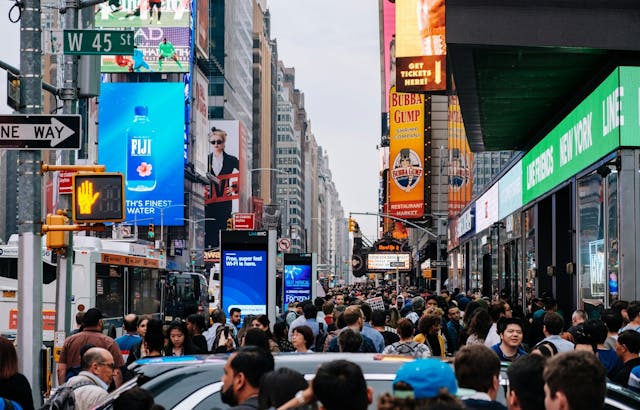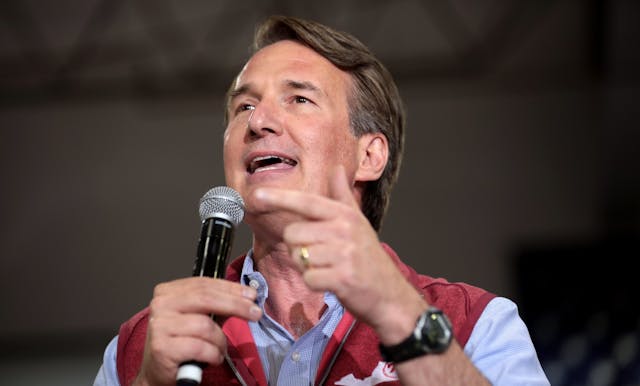Poll: Half of Americans Say U.S. Less Safe Now Than before 9/11

On Wednesday evening, President Barack Obama will address the nation and lay out his administration's plan to deal with the Islamic State in Iraq and the surrounding region. He is also expected to address growing concerns that ISIL (the acronym the government is sticking with to refer to the militant group) is a serious threat to the United States.
Americans are more concerned about the threat of ISIL it seems than any other terrorism threat that has surfaced since the 9/11 attacks. At least, that is what a recent poll conducted by NBC News and the Wall Street Journal suggests.
According to the poll, 47 percent of Americans believe the country is less safe now than at any other point since September 11, 2001. This is more than twice what the number was just one year after the twin towers fell and the Pentagon was hit.
Another result from the survey that should be noted is that 94 percent of respondents said they had heard the news of the beheaded American journalists. According to the NBC News report, this is higher than any other news event the NBC/WSJ poll has covered in the last 5 years.
These beheadings are abhorrent; they are grotesque; they are chilling; and the message the media and certain politicians have put out is that this horrific barbarism could be coming to a town near you.
“[ISIL is] one plane ticket away from U.S. shores, and that’s why we’re so concerned about it,” U.S. Rep. Mike Rogers (R-Mich.) said in an appearance on NBC's Meet the Press in August. Rogers has used this specific line a number of times since.
The message we hear from politicians is scary. And as one CNN anchor pointed out on Wednesday, people are scared. However, what the media often fails to talk about is the role they play in not only perpetuating this fear, but escalating it.Over 9 out of 10 people surveyed said they had heard the news about the beheadings, and with it the potential threat ISIL could pose to America. But, what evidence do Americans have that they are less secure now than they were 13 years ago?
The U.S. government has taken national security to a whole new level, including militarizing local law enforcement agencies. The government has elevated security at the expense of civil liberties, tracking Americans and collecting their data all in the name of protecting the homeland.
Since 9/11, how many policies have been adopted to enhance national security? How many government agencies have been created for this purpose?
This, by no means, is saying that ISIL is not a threat or that another attack could not happen. There will always be threats out there. That is just being realistic.
However, if there are two things that both the media and politicians capitalize on, it is outrage and fear. What is going on in Iraq and Syria right now and the beheadings of two American citizens certainly generate both. However, ever since September 11, 2001, the national dialogue has been driven by the politics of fear.
It doesn't matter what measures are taken to prevent another terrorist attack from happening or how likely another attack on domestic soil actually is because keeping people fearful of the proverbial boogeyman will keep them compliant. Using recent events overseas to elevate fear of what could happen at home provides politicians an opportunity to push certain agendas.
Even if Americans have no evidence that they are less safe now than they were 13 years ago, there is something else politicians and the media have in common: opportunism.
Photo Source: AP



